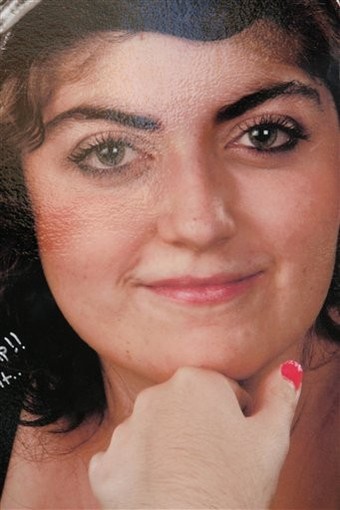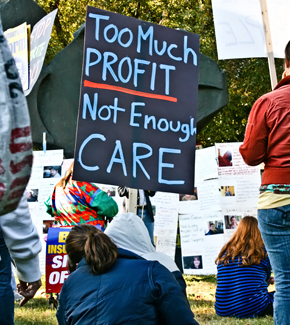 On behalf of Grigor and Hilda Sarkisyan, I would like to invite Republican Rep. Phil Gingrey of Georgia to attend the 21st birthday celebration of the Sarkisyans' only daughter, Nataline, this coming Saturday, July 9, in Calabasas, California.
On behalf of Grigor and Hilda Sarkisyan, I would like to invite Republican Rep. Phil Gingrey of Georgia to attend the 21st birthday celebration of the Sarkisyans' only daughter, Nataline, this coming Saturday, July 9, in Calabasas, California.
Gingrey could consider it a legitimate, reimbursable fact-finding mission. He clearly needs to have more facts about the U.S. health care system before he starts talking about death panels again.
Gingrey seems determined to keep alive the lie that the Affordable Care Act (a.k.a., Obamacare) will create government-run death panels in the Medicare program.
Sarah Palin started the death panel fabrication when she claimed during the health care reform debate that a proposal to allow Medicare to reimburse doctors for talking to their patients about advance directives would be tantamount to establishing death panels deep in the federal bureaucracy. So many people believed her lie that Democrats felt they had no choice but to strip that provision from the final bill.

 It only takes three words, when you get right down to it, to describe the real of those folks: profits over people.
It only takes three words, when you get right down to it, to describe the real of those folks: profits over people.
 If opponents of health care reform could view the grant money in the Affordable Care Act as an investment in our children rather than wasteful spending, I believe at least some of them would eventually accept that we're better off with the law than without it.
If opponents of health care reform could view the grant money in the Affordable Care Act as an investment in our children rather than wasteful spending, I believe at least some of them would eventually accept that we're better off with the law than without it. The
The  The
The  Internet users can't avoid those obnoxious, animated ads showing a cartoon woman with a flabby belly that shrinks, and then gets flabby again, over and over. The ad urges people to click to get "1 weird old tip" to help lose weight. The
Internet users can't avoid those obnoxious, animated ads showing a cartoon woman with a flabby belly that shrinks, and then gets flabby again, over and over. The ad urges people to click to get "1 weird old tip" to help lose weight. The  On behalf of Grigor and Hilda Sarkisyan, I would like to invite Republican Rep.
On behalf of Grigor and Hilda Sarkisyan, I would like to invite Republican Rep.